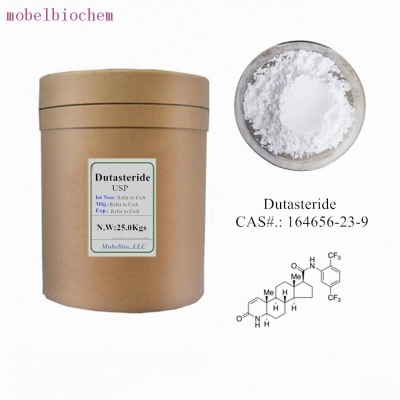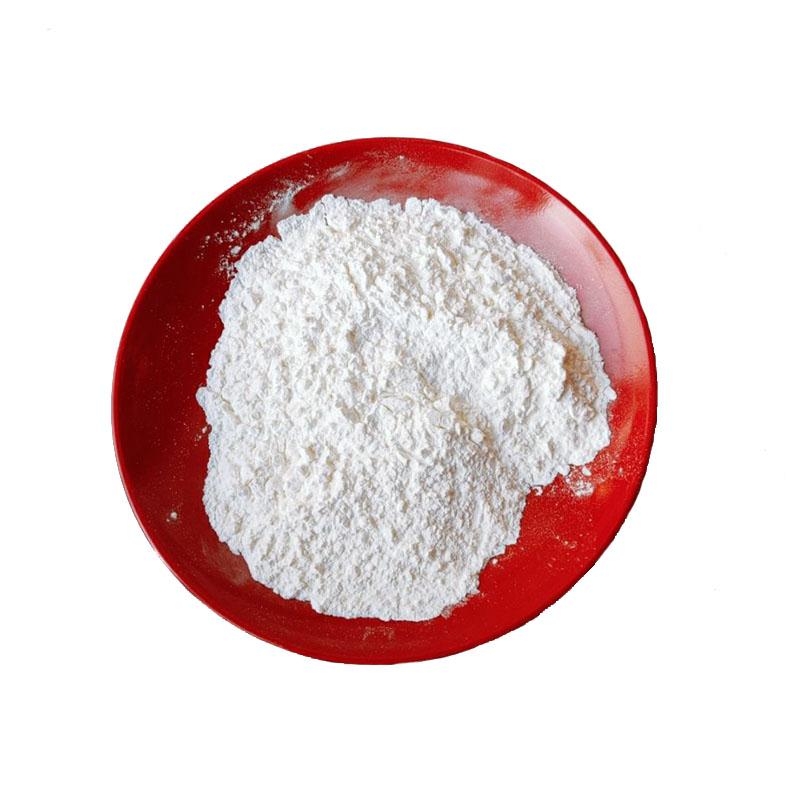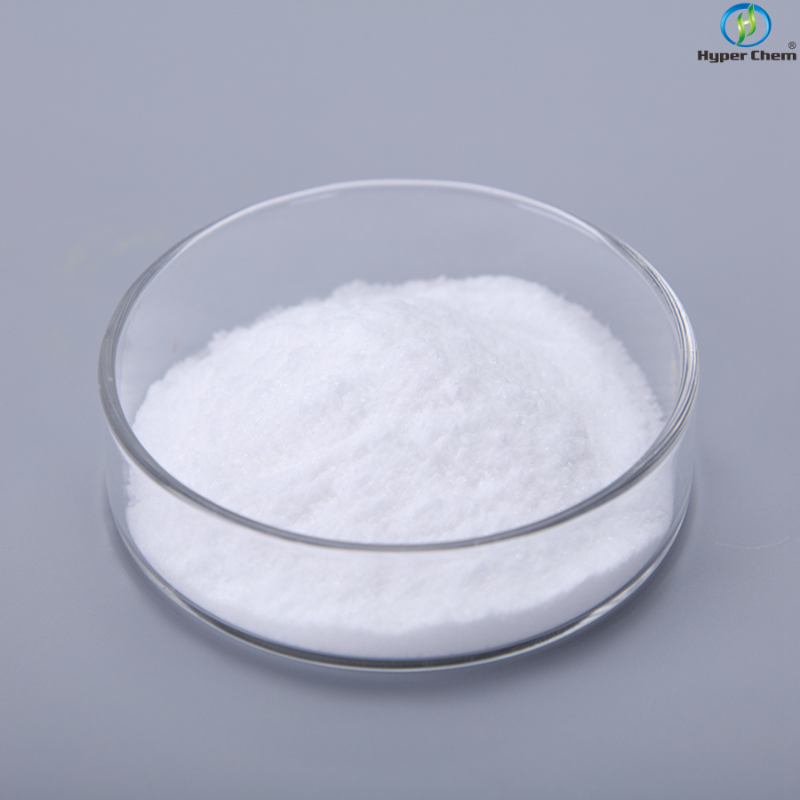-
Categories
-
Pharmaceutical Intermediates
-
Active Pharmaceutical Ingredients
-
Food Additives
- Industrial Coatings
- Agrochemicals
- Dyes and Pigments
- Surfactant
- Flavors and Fragrances
- Chemical Reagents
- Catalyst and Auxiliary
- Natural Products
- Inorganic Chemistry
-
Organic Chemistry
-
Biochemical Engineering
- Analytical Chemistry
-
Cosmetic Ingredient
- Water Treatment Chemical
-
Pharmaceutical Intermediates
Promotion
ECHEMI Mall
Wholesale
Weekly Price
Exhibition
News
-
Trade Service
Translator: Wensi Yichang Traditional Chinese Medicine Hospital (Affiliated Traditional Chinese Medicine Hospital of China Three Gorges University)
Introduction: On September 19-23, 2022, the international endocrine field conference "2022 European Association for Diabetes Research Annual Meeting" was held
in Stockholm, Sweden in the form of "online + offline".
At the meeting, some scholars shared a study report
entitled "Efficacy of metformin in preventing diabetes mellitus in people with impaired blood glucose regulation: results from a multi-center randomized controlled trial in China".
The results showed that lifestyle interventions combined with metformin were more effective
than lifestyle interventions alone in reducing the risk of diabetes, delaying the progression of diabetes, and losing weight in patients with impaired blood glucose regulation in China.
Are lifestyle interventions combined with metformin more effective in slowing the progression of diabetes?
Impaired glycemic regulation (IGR) is an important risk factor for the development of diabetes, including impaired fasting blood glucose (IFG) and impaired glucose tolerance (IGT
).
Some drugs can slow the rate of progression from IGT to diabetes, and the American Diabetes Society (ADA) notes that metformin currently has the strongest evidence
.
The purpose of the study was to determine whether lifestyle intervention (LSI) plus metformin is superior to LSI alone in preventing diabetes and to assess the effects of metformin on weight loss and blood pressure in
Chinese IGR subjects.
The study included 1706 IGR participants, including IFG (fasting blood glucose 6.
1-6.
9 mmol/L and 2-hour postprandial blood glucose <7.
8 mmol/L) and IGT (fasting blood glucose <7.
0 mmol/L and OGTT 2-hour blood glucose 7.
8-11.
1 mmol/L), who were randomly assigned to the LSI plus metformin group (n=848) and LSI only (n=858)
in a 1:1 ratio.
The primary endpoint was the incidence of diabetes based on OTGTT, the secondary endpoint was a decrease in body weight and blood pressure, and safety was assessed by the incidence of adverse events (AEs
).
Studies have confirmed that the combination of the two is better than LSI alone for delaying the progression of diabetes
➤The average follow-up time of LSI plus metformin group and LSI group was 1.
➤The risk of diabetes mellitus was 17% lower in the LSI plus metformin group than in the LSI group (HR0.
➤ In the analysis of IFG subjects alone, there was no significant difference in the risk of diabetes between the two groups (HR0.
➤Compared with the LSI group, the LSI plus metformin group had a greater weight loss after 2 years (1.
➤ In subjects with hypertension at baseline but not receiving antihypertensive drugs, there was no significant difference in the mean change of systolic/diastolic blood pressure between groups;
➤The incidence of AE and severe AE in the LSI plus metformin group was 34.
55% and 1.
71%, respectively, and 22.
68% and 1.
29%
in the LSI group, respectively.
Figure 1 Diabetes progression was significantly delayed in the LSI plus metformin group
Summary of this article
LSI plus metformin is more effective than LSI alone in reducing the risk of diabetes, delaying the progression of diabetes, and losing weight in patients with IGR in China, but the effect is still uncertain
in patients with IFG alone.
Introduction of translators
Literature
Attending physician, master student;
Completed the standardized training of resident physicians in West China Hospital of Sichuan University, studied in Hubei Provincial Hospital of Traditional Chinese Medicine, and published 2 SCIs;
Specialty: diabetes, thyroid disease and osteoporosis
.







